What is the 'Dark Fleet' - the massive fleet carrying illicit Iranian oil to China?

If a car is uninsured or has expired inspection, it is a problem when a traffic accident occurs, but it is even more serious in the case of large tankers, where a problem can develop into a major maritime accident. Bloomberg's YouTube channel Bloomberg Originals has reported on the actual situation of illegal operations called 'Dark Fleet' or 'Shadow Fleet', which operate uninsured old ships far beyond their service life and illegally transport oil from
The Illicit Shipping Trade Hiding in Plain Sight - YouTube
A fleet of tankers trading billions of dollars' worth of sanctioned crude oil has been intercepted.

These “dark fleets”, mainly operating in the South China Sea, consist of ageing ships that are uninsured and hide their locations while transporting sanctions-targeted crude oil.

In May 2023, the tanker Pablo, part of the Dark Fleet, exploded and caught fire in the South China Sea off the coast of Malaysia.

The Pablo was returning from China when an accident occurred leaving three crew members missing and certified dead.

The Pablo had been in service for 25 years, well beyond the average lifespan of a tanker, which is usually around 15 years. With no insurance company, it was abandoned and drifting at sea for several months, and was eventually salvaged at great expense by Malaysia.

'Old ships are no longer being scrapped as they used to be, but are instead being used in underground fleets run by companies and organizations that have no qualms about breaking the rules,' the expert said. Another expert said that while 95 percent of the world's ships were once covered by insurance, that figure has fallen to 80-85 percent at the time of writing.

These shadowy fleets swarm in less-watched waters, often outside the territorial waters of highly regulated countries. These locations are between oil-exporting countries in the Middle East and oil-consuming nations like China, and the calm waters make them ideal for transporting crude oil.
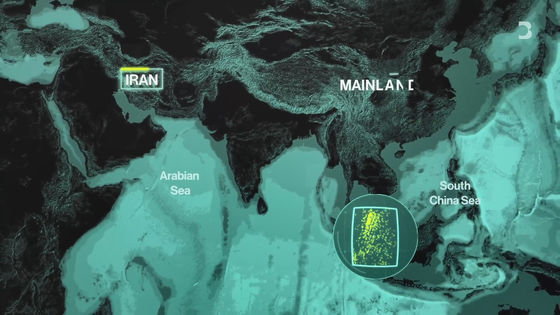
The size and frequency of the shadowy fleet's traffic has been growing year by year, with the situation particularly intensifying due to sanctions on Iranian oil in 2018 and sanctions on Russia following its invasion of Ukraine in 2022.
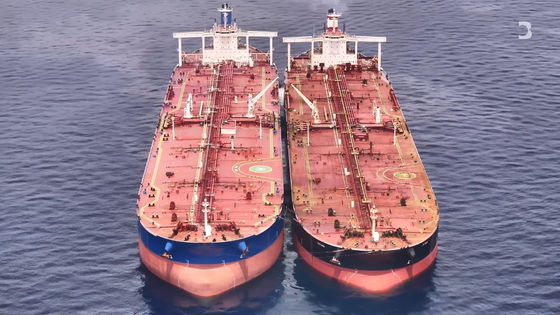
Much of the crude oil transported by the dark fleet is produced in Iran, and more than 90% of it is exported to China.
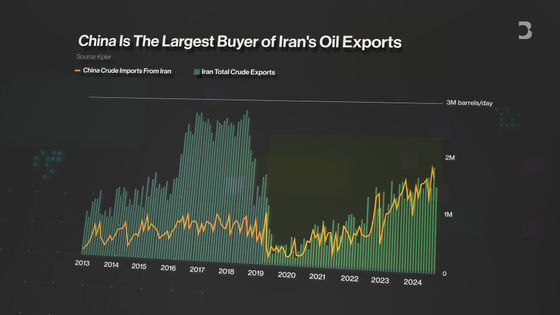
The interests of Iran, which wants to sell crude oil to survive, and China, which wants to maintain its international competitiveness through cheap 'sanctions oil,' are aligned.
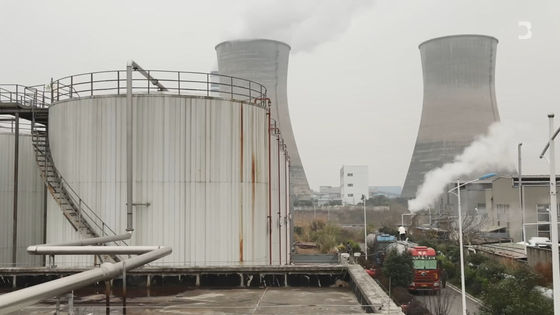
Dark Fleet ships turn off their Automatic Identification Systems (AIS) to avoid surveillance, so satellite data is used to locate them.
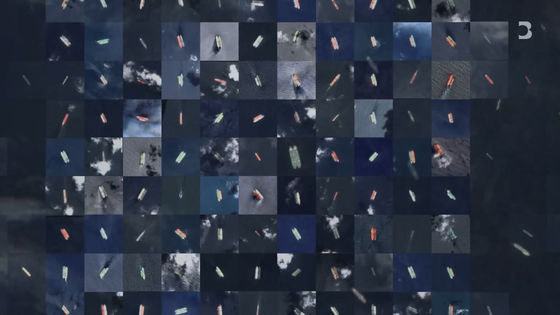
These vessels often transfer oil at sea. Bloomberg tracked the vessels' movements using an algorithm that captures the shadows of alongside tankers and found that ship-to-ship transfers in the area rose from 5% in 2020 to 10.3% in 2024.

The amount of crude oil traded between the beginning of 2024 and September is estimated to be 350 million barrels, worth $20 billion (approximately 3.15 trillion yen).
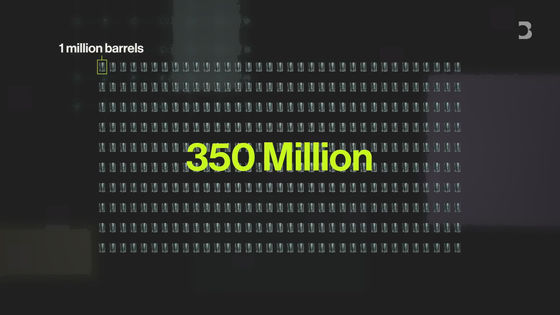
The two tankers that make up the Dark Fleet are the Titan and the Winwin.
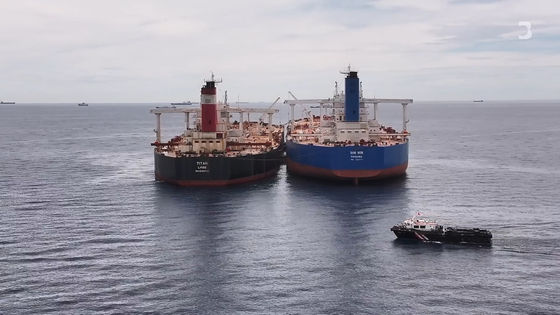
The Titan is known to be transporting Iranian crude oil, and the Win Win's wake traces an unnatural line from China to the South China Sea.
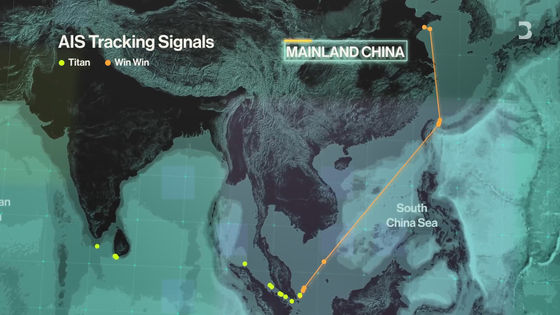
'The Titan is a very old ship, having been in service for over 20 years. It is visibly rusty and poorly maintained,' the reporter said.

It is unclear whether proper safety measures are in place, and if an accident were to occur, as many as 2 million barrels of crude oil could spill into the ocean.
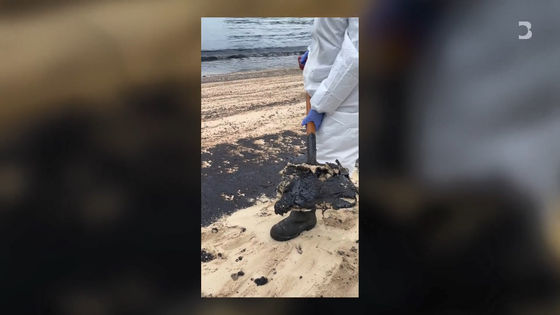
Efforts to crack down on the underground fleet have been largely ignored as Malaysia's maritime authorities and coast guard are under-resourced and face a range of maritime security challenges, including smuggling, human trafficking and illegal fishing, making the issue a low priority.
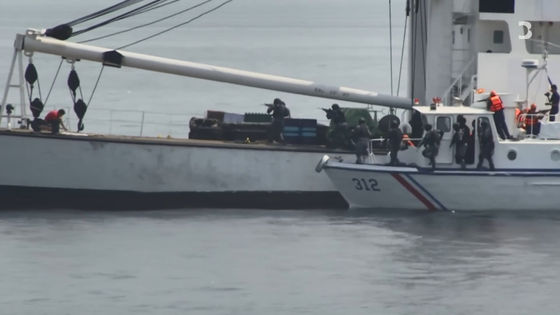
The background to this problem lies in the difference in international attitudes towards sanctions. China in particular has little incentive to comply with sanctions, and given its economic difficulties, it has been pointed out that it has a strong motivation to purchase cheap Iranian crude oil.
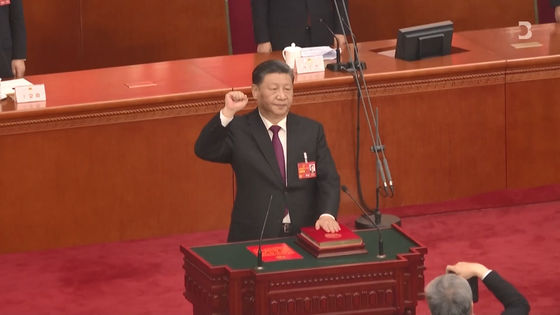
'Sanctions are not ineffective, but they take a very long time and great effort to be effective. Cooperation and information-sharing among countries are essential to achieve this, and only then can trade, maritime routes, the environment and the safety of seafarers be protected,' the expert said.
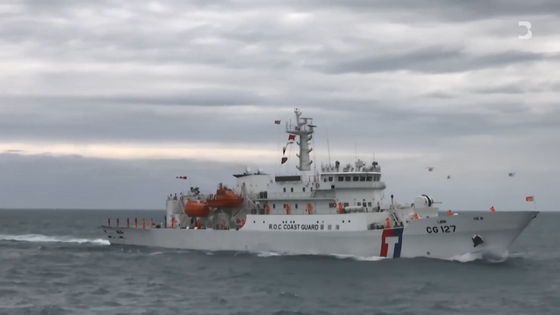
Related Posts:
in Video, Posted by log1l_ks







